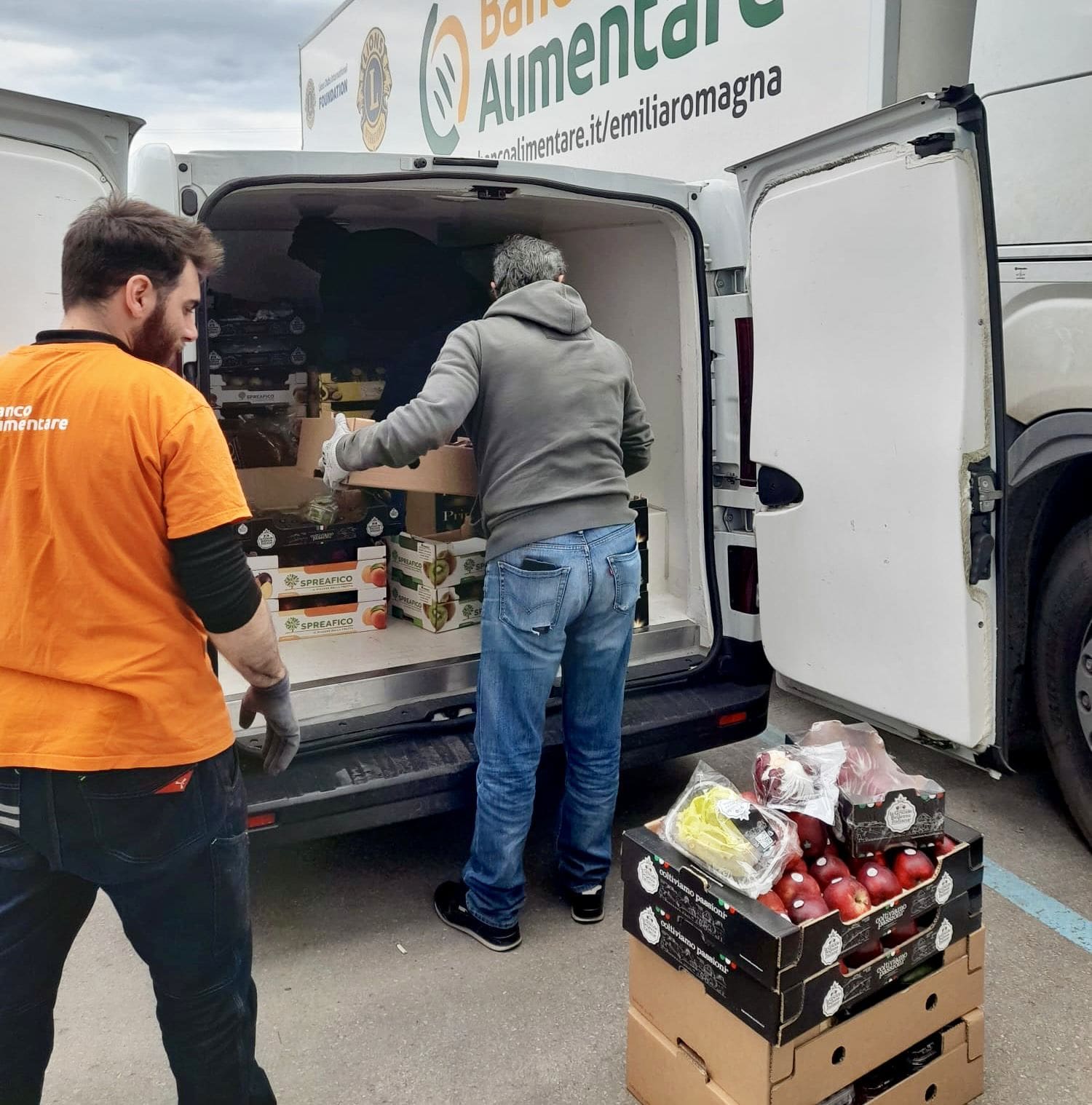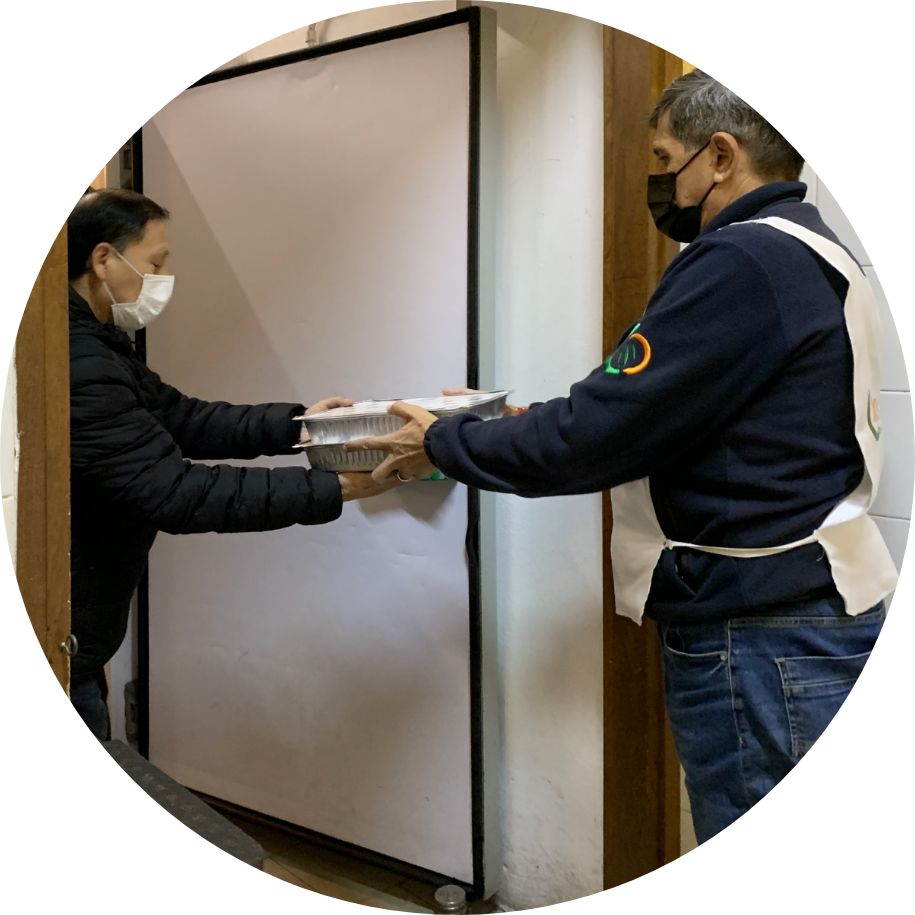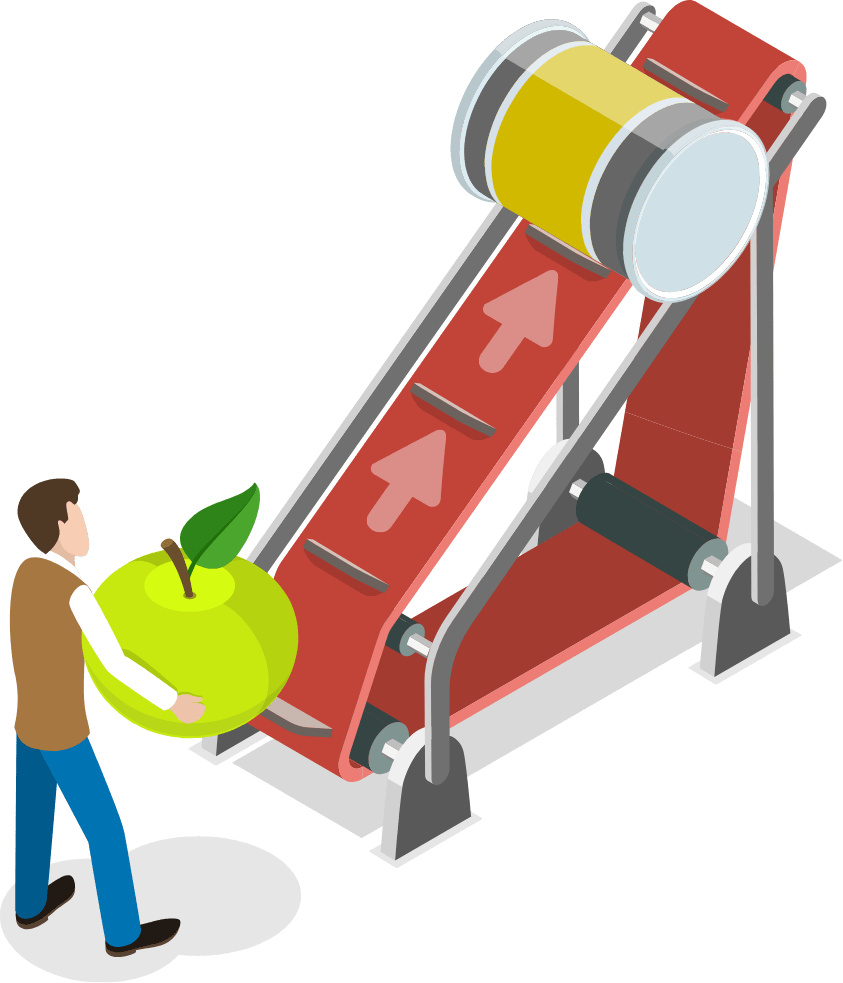Have you been wondering what and how to eat for a better world? Here is some recommended reading.

In May 2023, Siticibo turned twenty: a special birthday that gave the Food Bank Foundation the opportunity to celebrate two decades of its national programme to recover fresh and cooked food every day from Restaurants and Large Retail Chains.
A long journey stimulated by the strength of the generosity of the many individuals who have taken part, based on the values of giving freely, social responsibility, sharing, the fight against food waste, and team spirit.


Founded in 2003, Siticibo was the first Italian application of Law 155/2003 "Legislation on the Distribution of food products for purposes of social solidarity" - also known as the Law of the Good Samaritan - with the task of recovering surplus food in order to redistribute it with a social purpose to partner organisations in the territory that offer meals or food packages to those living in hardship.
Cooked food, such as first courses, second courses, sides and fresh food, or fruit and vegetables and baked products, as long as they are perfectly intact and haven't been served: all the products that Siticibo recovers are still excellent quality and in perfect condition. However, they are products that often become waste simply because they are not sold or distributed, with inevitable economic, social and environmental consequences.
The idea is simple, and came about to address two needs and bring them together.
There are company canteens, hotels, school refectories, guesthouses and restaurants that end up with more food prepared than is effectively consumed, and the same is true for large retail stores that find themselves with various amounts of products that are unsold or close to expiry. These potentially wasted food items can be donated and become a precious resource for those in food poverty.
There are hundreds of partner organisations in the territory that distribute food daily as sustenance for a broad band of the population that is vulnerable and in conditions of food poverty. Part of this distributed food is recovered by the Food Bank and saved from being wasted.

The missing link is the thousands of volunteers that collect surplus food all over Italy every day, to then redistribute it with specially-equipped vans to the organisations in the territory that are able to preserve and manage the food delivered. It is the Food Bank that ensures the strict procedures that guarantee the hygiene and integrity of the food collected, transported and sorted. But in this chain of giving, it is fundamental that every individual involved plays their part as well as possible, in order to guarantee the safe, proper fulfilment of every phase of the operation.
A chain of kindness, a circuit of solidarity on a local level, which helps to restore balance between surplus food and food shortages, preventing food that is still good from ending up in the thousands of tonnes of organic waste in landfill.
16,419 tonnes of food was recovered by Siticibo in 2022.
Replicability is one of Siticibo's greatest strengths. But it is primarily cities and large urban areas that generate the most significant amounts of surplus food. And it is urban centres where the large majority of people in poverty and in need of help are concentrated.


"Food is a gift, for those that have it and for those who hope to receive it. The idea is to gradually create a cultural change that leads towards a social model in which donating food is not only a virtuous choice, but an everyday habit",
says Giovanni Bruno, President of the Non-profit Food Bank Foundation.
And it has been an everyday habit for the Food Bank Foundation since 1989, when it was founded by Sir Danilo Fossati, President of Star, and Monsignor Luigi Giussani, Founder of Communion and Liberation, following the example of the Banco dos Alimentos in Barcelona.
The Foundation coordinates the 21 Food Bank organisations across the Italian territory. The sectors from which food is saved from being wasted are: the Agri-food Industry, Fruit and Vegetable Markets, Large-scale Retail and Catering. Added to this are products coming from the European Waste Management Association (FEAD) and the National Fund. The Food Bank Foundation also organises the National Food Drive Day and other food collections in companies.
In 2022: 112,707 tonnes of food recovered, 1,680,205 people helped, 7,587 partner organisations in the territory and 1872 permanent volunteers.
Helping to reduce food waste, supporting territorial partners to guarantee people in poverty an adequate food source and also a healthy, appropriate diet: this is the vision that inspires the actions of the Foundation and all the Food Banks in Europe.

Have you been wondering what and how to eat for a better world? Here is some recommended reading.
From Naples to the rest of the world. Research on a healthy dietary and behavioural model, and the global challenge of exporting it with solutions that are tangible and sustainable for all.
